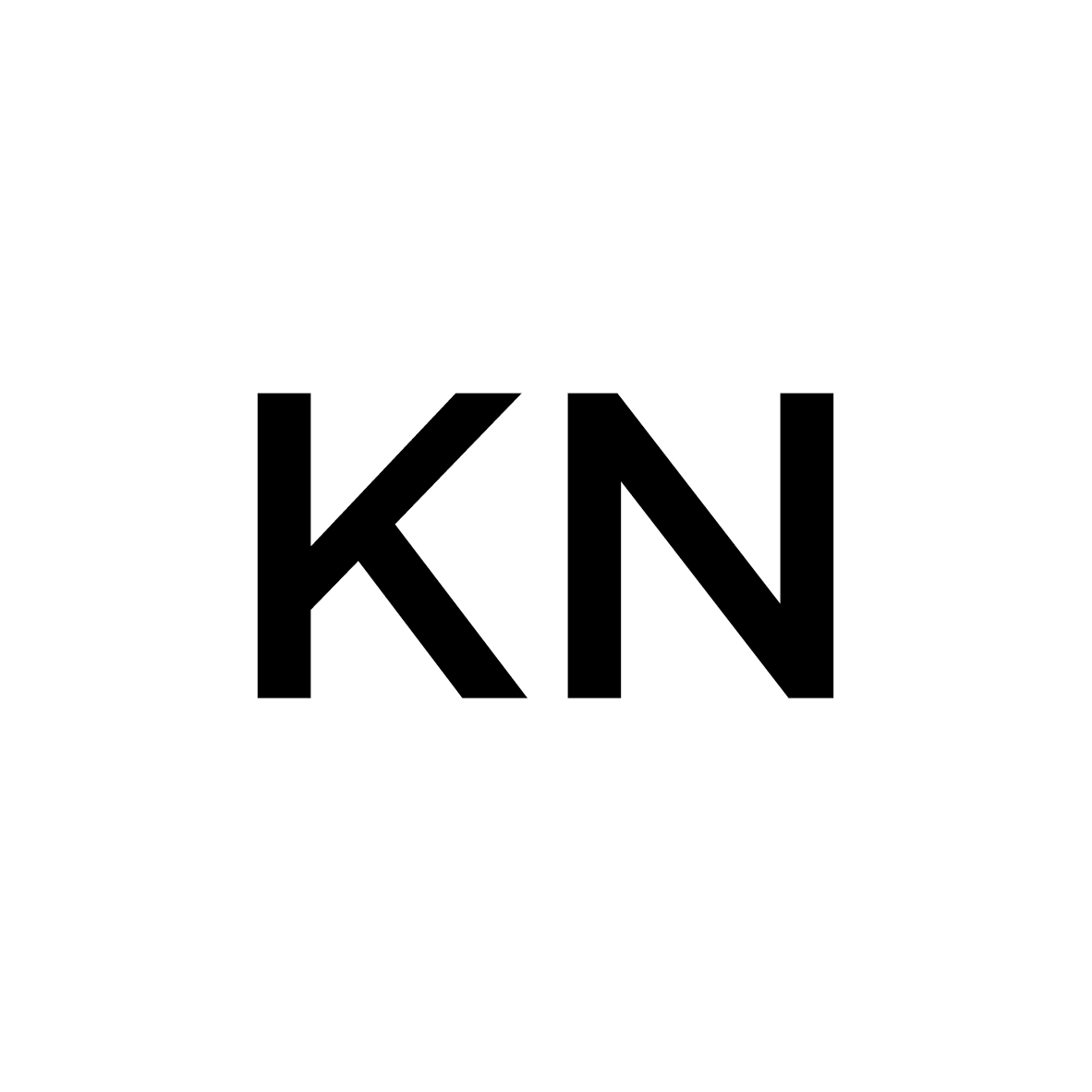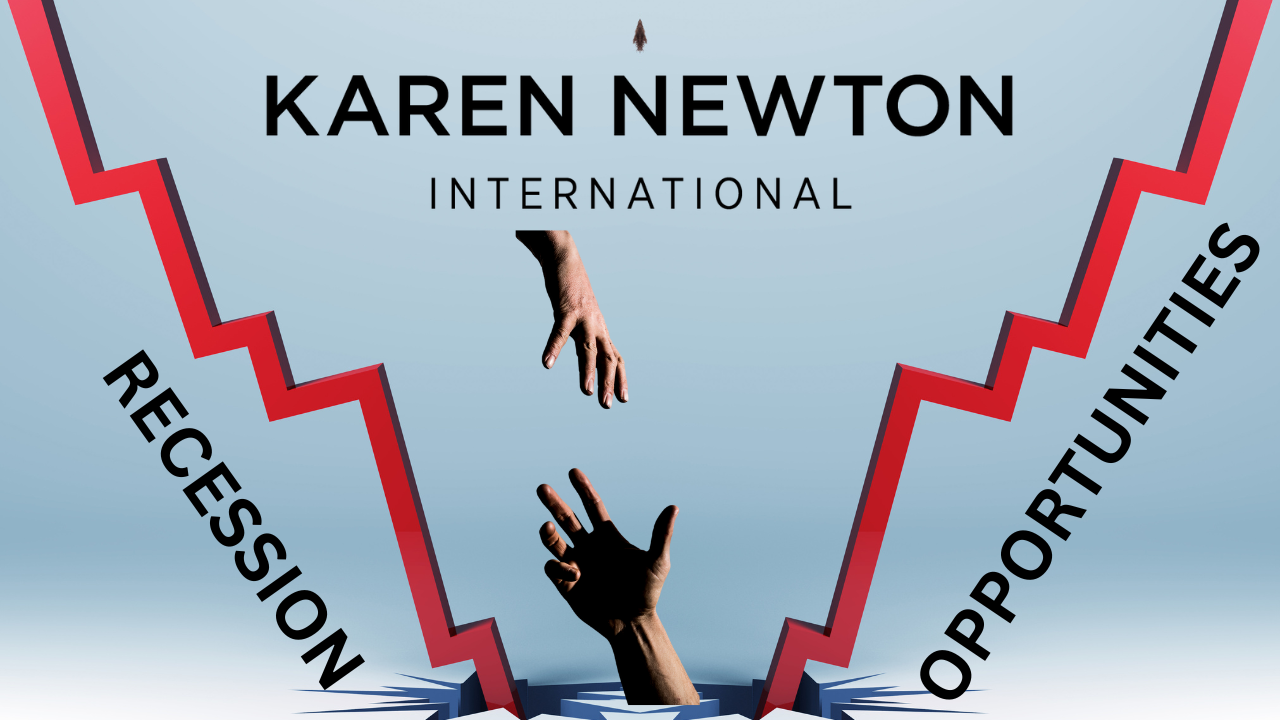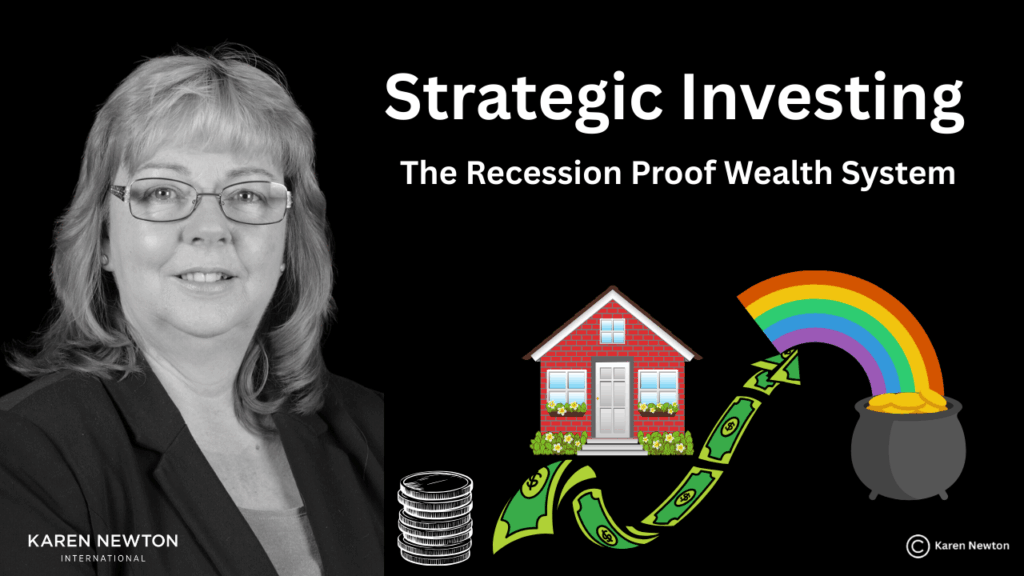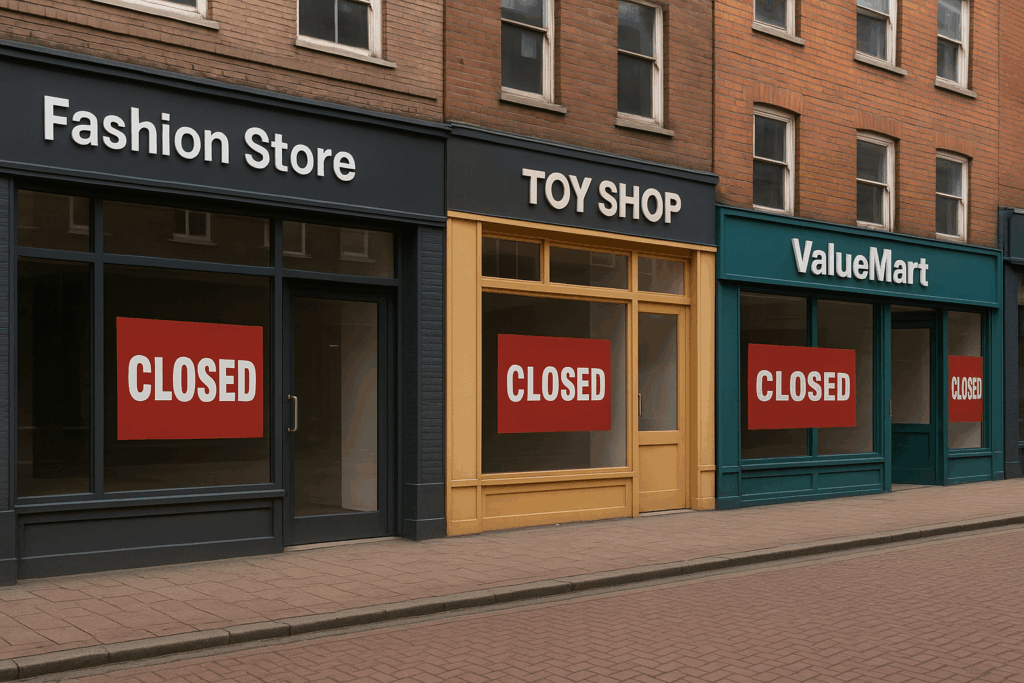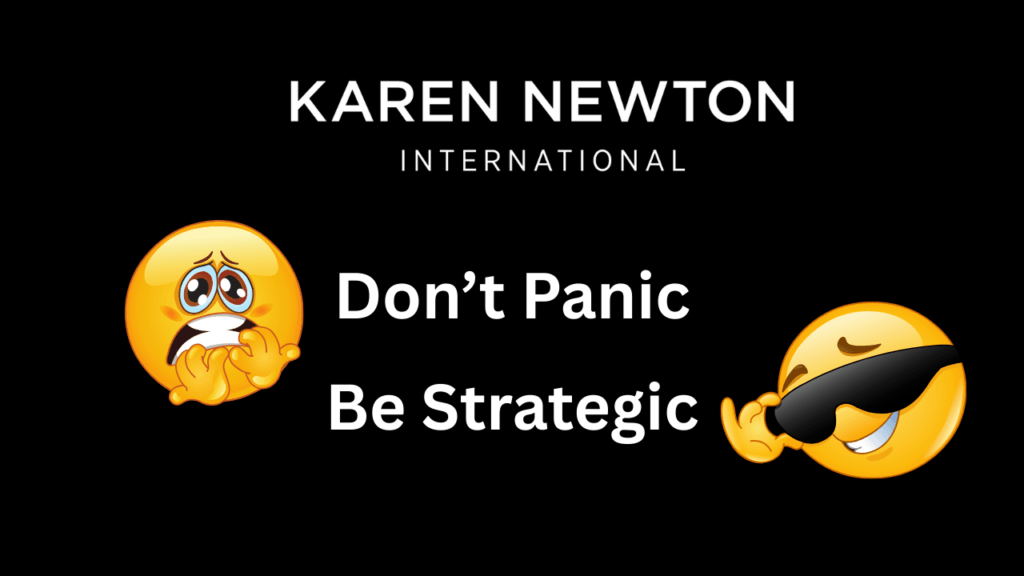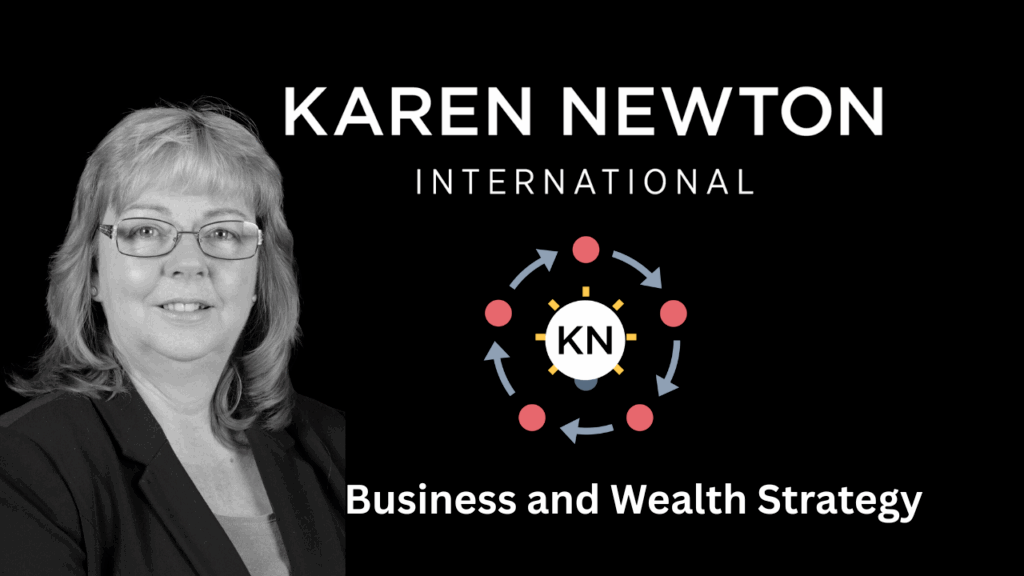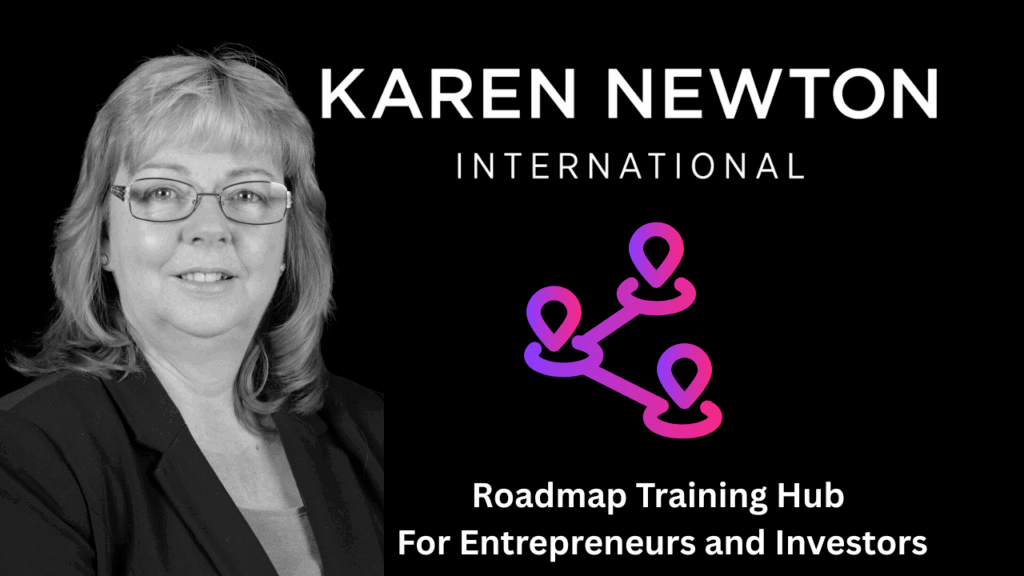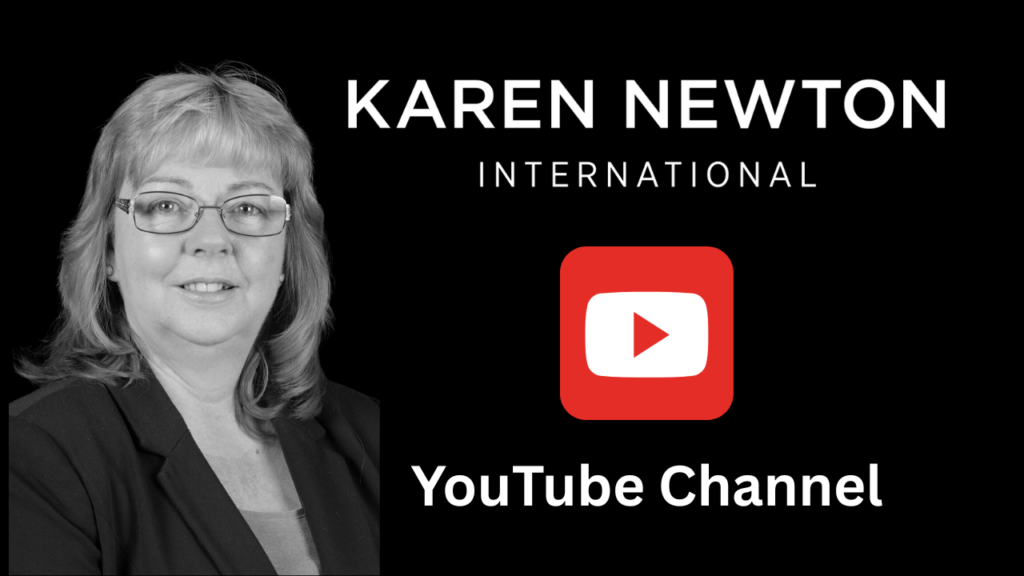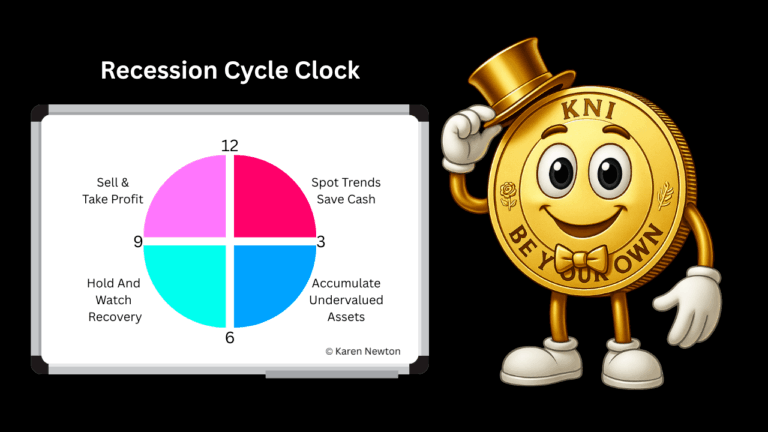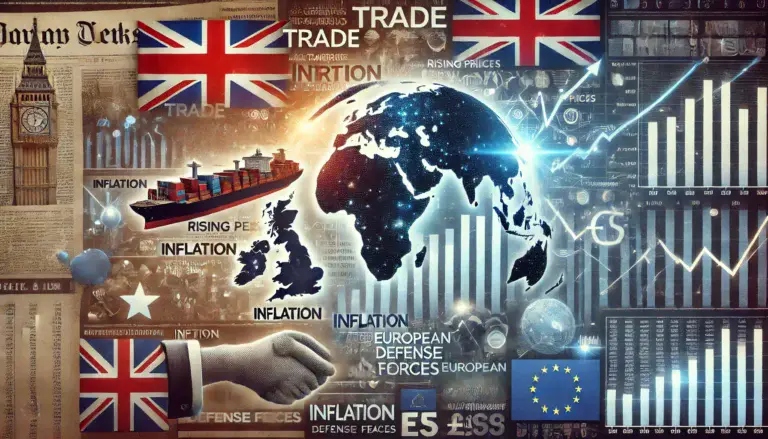What Happens During A Recession
History tells us that recessions happen on average every 10 years. It isn’t a case of if a recession will hit but rather where we are in the recession cycle and how to be prepared for the next step.
The better your understanding of what happens, the easier it will be to financially proof yourself against the next one. That way you don’t just survive you can thrive. It is during a downturn that the great wealth transfer occurs for those who are ready for it.
Key Takeaways
- Recessions – Are a natural part of an economy
- Time Frame – 11 months or more
- Impact on Business – Challenges and Opportunities for Business
- Job Losses – start a business
- Multiple Income Streams – protect income
Table of Contents
What Happens To The Economy?
A recession is a natural part of the ups and downs of an economy and is defined by two consecutive GDP contractions.
Contractions occur when consumer spending reduces and there is barely sufficient money to meet daily essentials such as housing, heating, water and food.
The world has gone through high inflation. There are numerous reasons for inflation but mostly this time it came down to supplier shortages and delays as a result of the lockdowns along with wars that have impacted the cost of goods and shipping.
As inflation goes up the Central Banks restrict money flow to force suppliers to reduce the cost of their goods.
The restricted money flow results in consumers cutting back on their spending and businesses also have to cut back.
This means reducing overhead expenditure that usually results in job losses.
It becomes a vicious cycle of job losses, reduced money in the economy and businesses reducing their expenses.
This is where governments have to control the situation to encourage consumer spending and get economies moving in a controlled manner.
How Long Does It Last?
There is no definitive period. The average is 11 months but some may last longer.
Before a country is officially in recession it has already had two consecutive quarters of contraction (6 months).
Historically, there have been downturns that lasted for decades. The UK has the longest recession in history lasting for 60 years. Today’s they last between 11 months – 24 months.
Government policies and flexibility to restart money flow and encourage consumers to spend have the biggest impact on the duration.
The Impact on Businesses: Challenges and Opportunities
During economic downturns, the reality for businesses is usually tough, with reduced consumer spending and a contraction in the market.
Corporate companies, due their size, are usually caught in a difficult position where they have financing to deal with, cannot secure new borrowing and have to reduce their overall expenditure.
Companies might experience declines in sales and profits, have difficulties securing financing, and could be forced to make painful decisions like layoffs and cost-cutting measures.
However, smaller businesses and solopreneurs have more flexibility.
Some businesses may need to reduce their employee size but many find they can identify new areas for growth and pivot the business with their existing employees.
Not only do some businesses manage to survive, but certain sectors may even find the economic environment beneficial. For example, companies specializing in repair services or budget-friendly products often see increased demand as consumers look for cost-effective alternatives to purchasing new items.
No Job, Start a Business
During the credit crunch and subsequent downturn becoming self-employed was the growth area.
Network Marketing had a record surge in new business start ups.
Online Businesses such as e-commerce sites also saw massive uptake as did other types of online businesses.
Social Media Agencies had growth opportunities for new businesses not understanding the social media arena.
Affiliate Marketing and other Online Businesses saw big growth.
The downside of this strategy is that most of these businesses need a lead in time before they become established and profitable which is why the best time to start an online business is now.
The Online Entrepreneur website is a resource for learning more about creating online businesses from starting your website to becoming an Affiliate Marketer, Membership Sites and more.
Subscribe to The Online Entrepreneur Newsletter and get weekly tips and action steps for building your business.
Multiple Income Streams
Multiple Income Streams are a perfect strategy. The more income streams that can be generated, the better positioned individuals, small businesses and corporates are to survive.
Corporates tend to have multiple income streams but small businesses and individuals are less likely to do so.
As a small business, think about added value for customers. A great example are Veterinarian Clinics. Their business is looking after sick animals. However, they will also offer, pet insurance, pet diets, pet accessories and more. They have created Multiple Income Streams.
Small businesses, Solopreneurs and Employees can create a buffer against a recession through creating Multiple Income Streams.
The Best Time is Now
A question I am always asked is when is the best time to start creating Multiple Income Streams and the answer is now.
Building multiple income streams takes time as it is important to build one first. Once that has reached a certain income level and can be automated time can be allocated to building the second one.
Keep this process going until there are several income streams.
Recessions are a difficult time for everyone. The best any business or person can do is accept they occur frequently and start building for the next one starting today.
You’ll be surprised that the actions you take today might just make this recession easier to get through.
Further Reading
What exactly is a recession?
It is a period of economic decline, usually identified by two consecutive quarters of negative GDP growth. It’s often marked by reduced consumer spending, job losses, and business slowdowns.
How often do recessions occur?
They happen more frequently than many people realize. Historically, they tend to occur every 7–10 years, although the timing and severity can vary depending on global and national economic conditions.
What’s the difference between a shallow and deep recession?
A shallow recession is shorter and less damaging—often lasting just a few months. A deep recession is more prolonged, with widespread unemployment, multiple business closures, and a slower recovery process.
How do recessions affect jobs and businesses?
Businesses often cut costs, leading to layoffs, reduced hours, or even closures. Small businesses can be hit hardest, while larger corporations may restructure to survive.
Can you predict when a recession will happen?
Economists use indicators like rising interest rates, slowing GDP, and declining consumer confidence to spot warning signs, but the exact timing is difficult to predict.
What can individuals do to prepare for a recession?
Building emergency savings, reducing debt, and diversifying income sources are key steps. Preparation gives you a buffer against sudden job loss or rising living costs.
How can multiple income streams help during a recession?
Relying on just one job or business is risky in uncertain times. Multiple income streams—such as side businesses, investments, or digital income sources—can help you thrive instead of merely surviving.
Do investments always lose value during recessions?
Not always. Some assets (like shares or property) may decline, but others (like gold, silver, or defensive stocks) often hold or increase in value. Strategic investing can protect and even grow wealth in downturns.
How long do recessions usually last?
The average recession lasts about 11 months, but recovery can take longer depending on the severity and government responses.
Is it possible to thrive during a recession?
Yes—those who are financially prepared, adaptable, and proactive often come out stronger. Recessions can present opportunities to start new businesses, invest at lower prices, or develop new skills.
Learn How To Thrive Not Survive
The Zero to Millionaire Membership helps clients make money, invest it, and build legacy wealth so they can thrive during a recession. Join Zero to Millionaire Membership today.
Karen Newton International Ecosystem
Glossary
A description/definition of words used in this blog can be found in the Glossary

Karen Newton is a Business and Wealth Strategist, 3x International Bestselling Author, and founder of Karen Newton International. She combines practical experience with AI-Powered Entrepreneurship to help smart entrepreneurs build online income, invest strategically, and create long-term wealth through business growth, investments and joint ventures.
